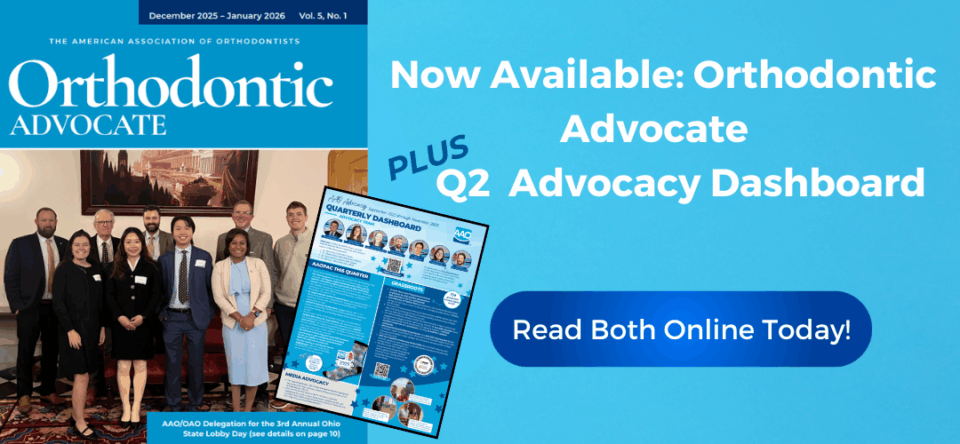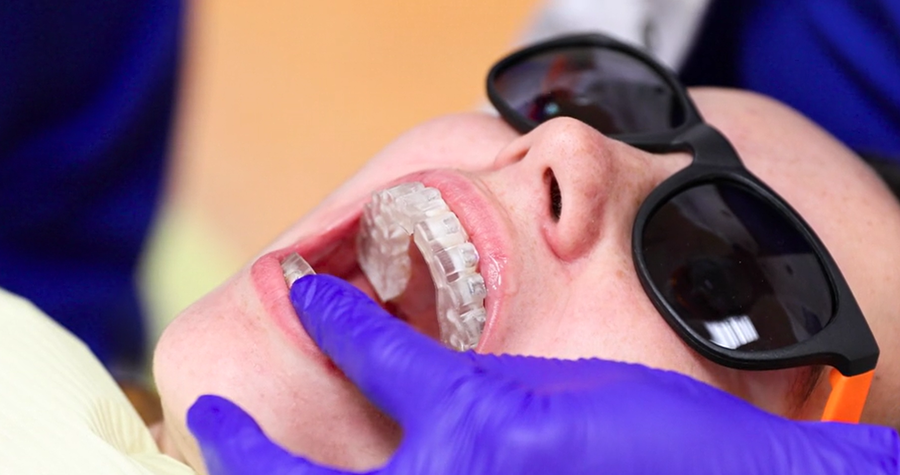The U.S. Department of Labor (DOL) recently updated the salary thresholds for exempt employees under the Fair Labor Standards Act (FLSA). These changes, effective July 1, 2024, may affect employees of orthodontic practices, setting new standards for salary-based exemptions from overtime requirements.
The DOL increased the minimum threshold for salaried employees from $35,568 to $43,888 effective July 1, 2024, with a second increase to $58,656 to take effect on January 1, 2025. Scroll down to learn more about how orthodontic practice employees may be impacted.
Understanding the FLSA
The Fair Labor Standards Act (FLSA) establishes basic labor protections, including minimum wage, overtime pay, and child labor laws. One key provision is the requirement for employers to pay overtime (1.5 times the regular rate) for all hours worked over 40 hours per week, unless the employee qualifies for an exemption.
Under the FLSA, exemptions from overtime apply to certain types of employees, including executive, administrative, and professional roles. These employees must meet specific duties tests and, in most cases, earn above a certain salary threshold to be exempt from overtime pay.
Key FLSA Exemptions
The FLSA outlines several exemptions, most notably the Executive, Administrative, and Professional exemptions. These apply when specific salary and duties criteria are met.
- Executive Exemption: Employees primarily responsible for managing a business or department, supervising two or more employees, and making significant employment decisions.
- Administrative Exemption: For employees performing non-manual work related to business operations, with authority in decision-making on significant matters.
- Professional Exemption: This category includes the “learned professional” exemption, relevant to orthodontic practices. Employees qualify if their job requires advanced knowledge, typically acquired through prolonged education. This exemption applies to dentists and may also extend to dental hygienists and orthodontic assistants depending on their qualifications and duties.
- Highly Compensated Employee Exemption: Employees earning at least $107,432 annually and performing at least one duty of an exempt executive, administrative, or professional employee may be exempt from the FLSA overtime requirements. The DOL uses a simplified duties test when evaluating claims of exempt status for employees over this salary threshold.
New Salary Thresholds Resulting from the Rules Update
Under the DOL’s new rules, the salary basis for these exemptions is now set as follows:
- The standard salary level for exempt employees is now $844 per week, or $43,888 per year. This threshold increases again on January 1, 2025, to $1,128 per week, or $58,656 per year.
- For highly compensated employees, the new compensation threshold is $132,964 annually. This threshold increases again on January 1, 2025, to $151,164 annually.
Exemptions for AAO Members
Orthodontists and licensed professionals, including dentists, are covered under a specific FLSA exemption for those engaged in the practice of law or medicine. This exemption means that doctors, dentists, and lawyers are not subject to the FLSA’s salary basis requirements. Instead, their exemption depends solely on their professional duties.
Orthodontists are exempt if they hold a valid license or certificate and are actively engaged in the practice of orthodontics. This exemption also applies to individuals engaged in an internship or residency for orthodontics.
Application to Dental Hygienists and Orthodontic Assistants
Dental hygienists and orthodontic assistants may qualify for the learned professional exemption if they have advanced training and education and if their role involves knowledge-based work beyond routine duties.
Employers must evaluate each position based on the individual’s duties and qualifications to ensure proper classification. (See DOL FLSA Overtime Security Advisor – Compliance Assistance Resources)
Final Considerations
It is essential for orthodontic practices to carefully assess their employees’ roles and compensation structures to avoid potential wage-and-hour claims. Misclassifying employees as exempt without meeting the appropriate criteria can lead to legal and financial penalties.
For more details, visit the DOL website: https://www.dol.gov/agencies/whd/overtime/salary-levels



